Inheritance Tax (IHT) is chargeable on the assets of a deceased person. The standard rate of IHT is currently 40%. However, allowances are available which help to reduce the amount of tax payable. In particular, the Residence Nil-Rate band (RNRB) applies to many estates and the Nil-Rate Band (NRB) applies to all.
What is the NRB?
The current NRB is £325,000. This means that up to £325,000 worth of assets in an estate are subject to an IHT rate of 0% and therefore, no IHT is payable on that portion of the estate.
Many estates will qualify for the full NRB of £325,000; however, the NRB may be reduced by gifts made within the deceased’s lifetime, particularly if those gifts were made in the seven years prior to death.
What is the RNRB?
The current RNRB is £175,000. The RNRB is similar to the NRB in that a property with a value at or below the RNRB is subject to an IHT rate at 0%.
However, the RNRB specifically applies to residential properties which meet the following conditions:
- The property must be ‘closely inherited’ i.e. inherited by lineal descendants e.g. children or grandchildren. This includes step-children, adopted and foster children. Certain trusts for children will qualify for the RNRB, but a number do not.
- The property must have been occupied as the deceased’s residence for at least some time during his/her period of ownership. A property such as a buy-to-let which has never been lived in will not qualify for the RNRB. Note, however, that the deceased does not need to reside at the property at the date of their death.
- The RNRB can be claimed in respect of one property only.
Additional considerations regarding the RNRB
There are a number of conditions attached to the RNRB. It is quite easy for the RNRB to be lost, by ineffective Will drafting or placing the home in a trust, only some of which qualify for the RNRB.
If the property is worth less than the value of the RNRB, the allowance is limited to the market value of the property at the date of death.
If the total value of the estate exceeds £2 million, the relief is reduced by £1 for every £2 by which it exceeds the £2 million limit. Therefore, no RNRB can be claimed if the value of the estate exceeds £2.5 million, although, in the case of spouses / civil partners, there are certain techniques that can be used to reduce the value of the surviving spouse / civil partner’s estate for RNRB purposes.
Particular care needs to be taken in the case of a widow or widower who remarries. In this case it may be possible to claim three lots of RNRB, but wills require very precise drafting to achieve this.
There are rules about downsizing, and the selling and gifting of property, but these are extremely complex and specialist advice should be sought in order to try to preserve any entitlement to the RNRB.
How can W Davies help?
The NRB and RNRBs can save a significant amount of IHT and it is advisable to plan ahead for best results. If you would like expert advice tailored to your and your family’s needs, please contact our Personal Legal Services Department through the form below, or call us on 01483 744900 and we will be happy to arrange an appointment.






